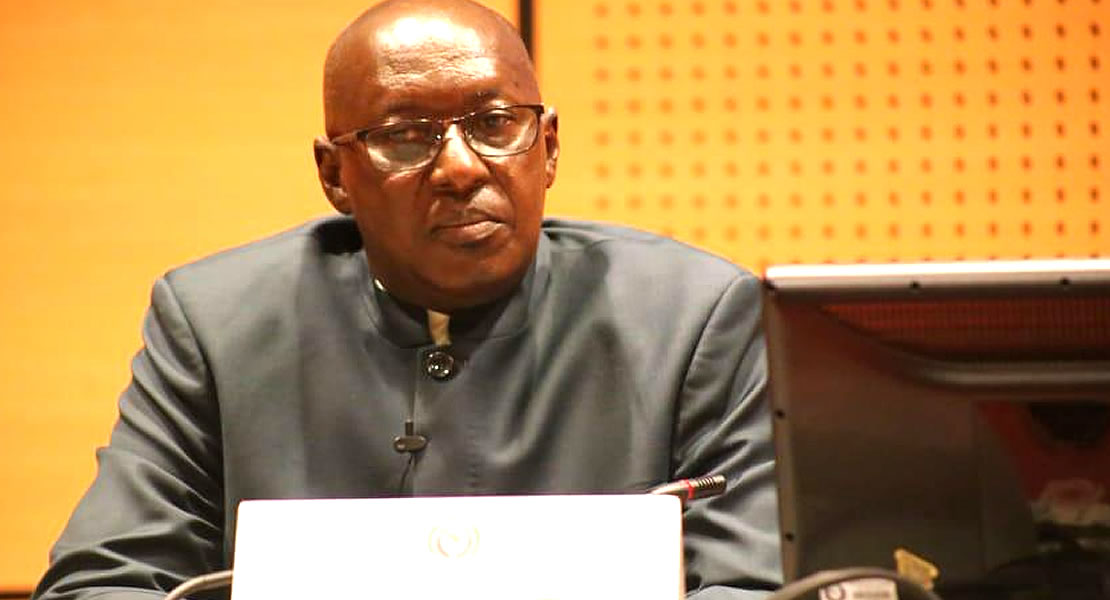
Speaker of the Economic Community of West African States (ECOWAS) Parliament Rt. Hon Sidie Mohammed Tunis said the key component to any economic and financial ecosystem is the monetary and payment method available within the system and the regulatory framework and policies that underpin the system.
As areas such as advanced Technology, Big Data, Machine Learning and Internet of Things, continue to establish themselves as the bedrock for the transformation of current global systems, the issue of “Cryptocurrencies” taking center stage as regards the question of “What is the appropriate monetary framework for the future and what level of governance and regulation is required to ensure its safety, security and protection of value?”.
He noted that, this question and others much like it, need to be answered and an understanding reached amongst countries, especially ECOWAS member states, who will be making decisions as regards digital currency operations within their states and across borders.
He further noted that collectively we need to consider the short, middle and long-term impact and sustainability of this technology on trade across the region and financial security for our citizens.
“I do not intend to hold court here, for or against any Cryptocurrency; I do not also seek to advocate strong or weak regulatory or governance of the system. I do not also wish to recommend greater or lesser degree of acceptance for such currencies, but what I do seek to do as we collectively need to consider the short, middle and long-term impacts and sustainability of this technology on trade across the region and financial security for our citizens”.
And added that the delocalised meeting in Burkina Faso would discuss the merits and demerits of “cryptocurrencies”, and investigate the areas of concern as well as support for this new payment system.
“We shall consider what roles, if any, Central Banks and Government regulations can play in ensuring it works better for our citizens from volatile shocks and change which digital currencies are highly susceptible to. Globally, technological advancements are coming to the forefront, and are being programmed to handle issues of our time. We should expect that there will be such changes and disruptions to our existing payment instruments, institutions and systems”.
That said, we must ensure that these changes are more positive impacting and relevant, and that we do not just have to change for change sake, they have to consider the needed framework within which such changes must occur and operate, and evaluate the preparedness of our current institutions, the scope of readiness for such a transition.
The time is now to begin to take charge of leading this advance, the basic necessities of life have been categorized as food, clothing and shelter. Access to these, in modern times, is secured by financial ability, he stated.
So, let us be clear that while we may be here discussing the future of securing and delivering better, easier and safer access to these basic needs for our citizens, if we adopt a system that requires infrastructure that is not accessible to the greater percentage of our people, we would be failing them, while also if we hold back on a system that could unlock untold potential, we would be failing them, he noted.
Kwaku Sakyi-Danso/Ghanamps.com